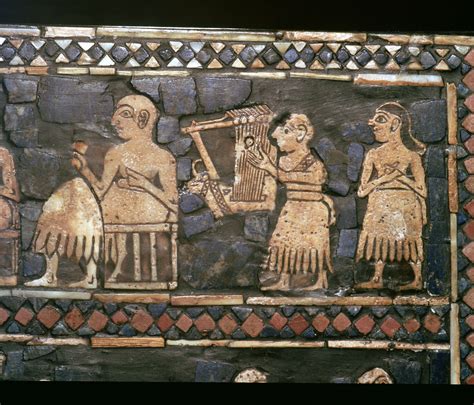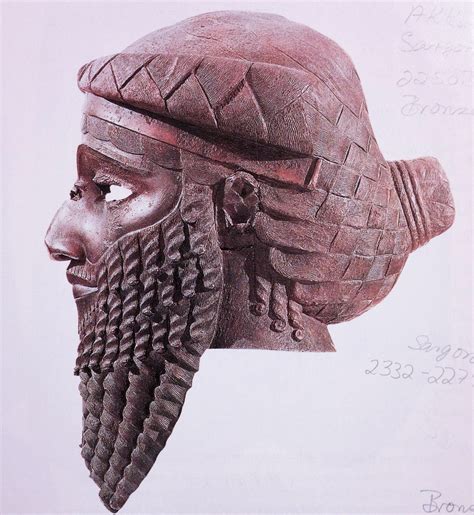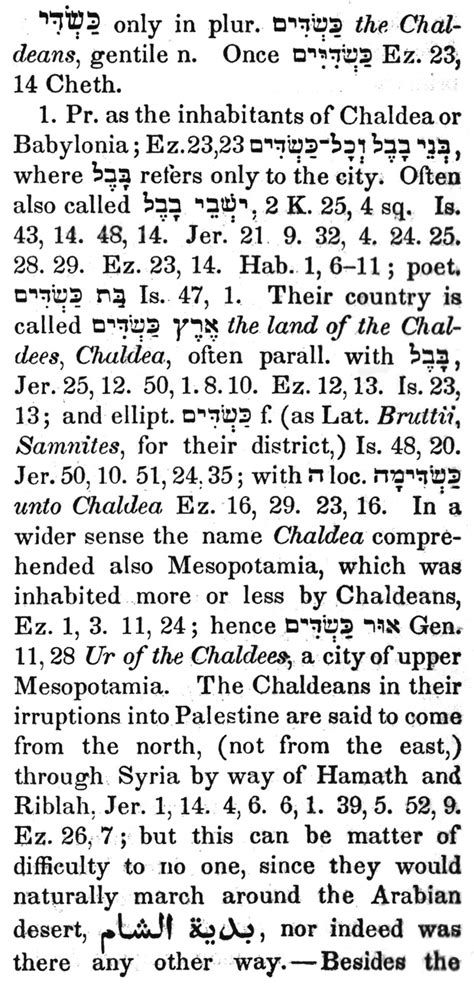hermes king of chaldeans | the chaldeans in hebrew hermes king of chaldeans The Chaldean dynasty, also known as the Neo-Babylonian dynasty and enumerated as Dynasty X of Babylon, was the ruling dynasty of the Neo-Babylonian Empire, ruling as kings of Babylon from the ascent of Nabopolassar in 626 BC to the fall of Babylon in 539 BC. The dynasty, as connected to Nabopolassar through descent, was deposed in 560 BC by the Aramean official 10.3K subscribers. Subscribed. 23K. 8.1M views 8 years ago Dark Sky Island. The song “Dark Sky Island” is the title track from Enya’s eighth studio album. It has a theme of.
0 · who were the chaldeans
1 · who died in the chaldeans
2 · the chaldeans in hebrew
3 · the chaldeans dynasty
4 · the chaldean empire in the bible
5 · chaldean empire wikipedia
6 · chaldea mesopotamia
7 · ancient chaldeans wikipedia
Ja Jūs vēlaties, lai jūsu dati saglabājas citām reizēm, kad iepirksieties Danija.lv, noklikšķiniet uz „Reģistrēties un iegūt iespēju veikt pasūtījumus ātrāk un ērtāk!“ un ievadiet vēlamo paroli. Nākamajā reizē būs jāievada tikai e-pasts un parole.10. Ja viss ir pareizi, apstipriniet pasūtījumu. .
The Chaldeans and/or the Chaldean empire were a semi-nomadic tribe that lived in the southern portion of ancient Babylon and Mesopotamia along the Euphrates and Tigris rivers (in modern . Nabopolassar declared himself king of Babylon and established the Neo-Babylonian Empire, also known as the Chaldean Dynasty. But Nabopolassar's rule was not limited to Babylon alone. He quickly expanded his control over other parts of Babylonia and .
The Chaldean dynasty, also known as the Neo-Babylonian dynasty and enumerated as Dynasty X of Babylon, was the ruling dynasty of the Neo-Babylonian Empire, ruling as kings of Babylon from the ascent of Nabopolassar in 626 BC to the fall of Babylon in 539 BC. The dynasty, as connected to Nabopolassar through descent, was deposed in 560 BC by the Aramean official

Chaldea was a small country that existed between the late 10th or early 9th and mid-6th centuries BC, after which the country and its people were absorbed and assimilated into the indigenous population of Babylonia. Semitic-speaking, it was located in the marshy land of the far southeastern corner of Mesopotamia and briefly came to rule Babylon. The Hebrew Bible uses the term כשדים (Kaśdim) a.In order to secure the territory of Judah, Nebuchadnezzar brought Jehoiachin and Zedekiah, the two kings of Judah (in succession) and held them in Babylon. In keeping with Assyrian .
The Chaldeans were an intelligent and sometimes aggressive, warlike people. In 731 BC Ukinzer, a Chaldean, became king of Babylon; however, his reign was short-lived. A . The Chaldeans were an ethnic group that lived in Mesopotamia in the first millennium B.C. The Chaldean tribes started to migrate—from exactly where scholars aren't .
who were the chaldeans
Nebuchadnezzar was the most famous and important king of the Second Babylonian (or Neo-Babylonian or Chaldean) Empire, which fell to the Persian great king .

Hermes was the ancient Greek god of trade, wealth, luck, fertility, animal husbandry, sleep, language, thieves, and travel. One of the cleverest and most mischievous of the 12 Olympian gods, Hermes was their herald and . Nabopolassar declared himself king of Babylon and established the Neo-Babylonian Empire, also known as the Chaldean Dynasty. But Nabopolassar's rule was not limited to Babylon alone. He quickly expanded his control over other parts of Babylonia and worked to strengthen the empire's economy, infrastructure, and military.
The Chaldean dynasty, also known as the Neo-Babylonian dynasty[2][b] and enumerated as Dynasty X of Babylon, [2][c] was the ruling dynasty of the Neo-Babylonian Empire, ruling as kings of Babylon from the ascent of Nabopolassar in 626 BC to the fall of Babylon in 539 BC.
The Chaldeans and/or the Chaldean empire were a semi-nomadic tribe that lived in the southern portion of ancient Babylon and Mesopotamia along the Euphrates and Tigris rivers (in modern-day Iraq).
who died in the chaldeans
The Chaldean states in Babylonia during the 1st millennium BC. Chaldea [1] (/ k æ l ˈ d iː ə /) was a small country that existed between the late 10th or early 9th and mid-6th centuries BC, after which the country and its people were absorbed and assimilated into the indigenous population of Babylonia. [2] Semitic-speaking, it was located in the marshy land of the far southeastern .
Merodach-Baladan died, and after a period of time, a certain Chaldean by the name of Mushezib-Marduk proclaimed himself king of Babylon. Sennacherib, after an arduous battle, laid siege to Babylon and defeated it in 689.In order to secure the territory of Judah, Nebuchadnezzar brought Jehoiachin and Zedekiah, the two kings of Judah (in succession) and held them in Babylon. In keeping with Assyrian practice, the " New Babylonians," or Chaldeans forced a large part of the Jewish population to relocate.
The Chaldeans were an ethnic group that lived in Mesopotamia in the first millennium B.C. The Chaldean tribes started to migrate—from exactly where scholars aren't sure—into the south of Mesopotamia in the ninth century B.C. Nebuchadnezzar was the most famous and important king of the Second Babylonian (or Neo-Babylonian or Chaldean) Empire, which fell to the Persian great king Cyrus the Great in 539 B.C.
The Chaldeans were an intelligent and sometimes aggressive, warlike people. In 731 BC Ukinzer, a Chaldean, became king of Babylon; however, his reign was short-lived. A few years later Merodach-Baladan, also a Chaldean, became king over Babylon. Hermes was the ancient Greek god of trade, wealth, luck, fertility, animal husbandry, sleep, language, thieves, and travel. One of the cleverest and most mischievous of the 12 Olympian gods, Hermes was their herald and messenger. In that position, he came to symbolise the crossing of boundaries in his role as a guide between the two realms of .
Nabopolassar declared himself king of Babylon and established the Neo-Babylonian Empire, also known as the Chaldean Dynasty. But Nabopolassar's rule was not limited to Babylon alone. He quickly expanded his control over other parts of Babylonia and worked to strengthen the empire's economy, infrastructure, and military.The Chaldean dynasty, also known as the Neo-Babylonian dynasty[2][b] and enumerated as Dynasty X of Babylon, [2][c] was the ruling dynasty of the Neo-Babylonian Empire, ruling as kings of Babylon from the ascent of Nabopolassar in 626 BC to the fall of Babylon in 539 BC.The Chaldeans and/or the Chaldean empire were a semi-nomadic tribe that lived in the southern portion of ancient Babylon and Mesopotamia along the Euphrates and Tigris rivers (in modern-day Iraq).The Chaldean states in Babylonia during the 1st millennium BC. Chaldea [1] (/ k æ l ˈ d iː ə /) was a small country that existed between the late 10th or early 9th and mid-6th centuries BC, after which the country and its people were absorbed and assimilated into the indigenous population of Babylonia. [2] Semitic-speaking, it was located in the marshy land of the far southeastern .
the chaldeans in hebrew
Merodach-Baladan died, and after a period of time, a certain Chaldean by the name of Mushezib-Marduk proclaimed himself king of Babylon. Sennacherib, after an arduous battle, laid siege to Babylon and defeated it in 689.In order to secure the territory of Judah, Nebuchadnezzar brought Jehoiachin and Zedekiah, the two kings of Judah (in succession) and held them in Babylon. In keeping with Assyrian practice, the " New Babylonians," or Chaldeans forced a large part of the Jewish population to relocate.

The Chaldeans were an ethnic group that lived in Mesopotamia in the first millennium B.C. The Chaldean tribes started to migrate—from exactly where scholars aren't sure—into the south of Mesopotamia in the ninth century B.C. Nebuchadnezzar was the most famous and important king of the Second Babylonian (or Neo-Babylonian or Chaldean) Empire, which fell to the Persian great king Cyrus the Great in 539 B.C. The Chaldeans were an intelligent and sometimes aggressive, warlike people. In 731 BC Ukinzer, a Chaldean, became king of Babylon; however, his reign was short-lived. A few years later Merodach-Baladan, also a Chaldean, became king over Babylon.
versace hombres
versace la vacanza slippers
If there's mostly bad reviews, it's probably a shady store, go for the ones that have many 5-star reviews and you should be fine (stores like 1a, dataleks, m79, AiO, 220.lv, bm.lv etc.) 11. Reply. thevengeous. • 5 yr. ago. 1a.lv. 9. Reply. Krumons. • 5 yr. ago. oreol.lv Way better prices than other sites.
hermes king of chaldeans|the chaldeans in hebrew


























